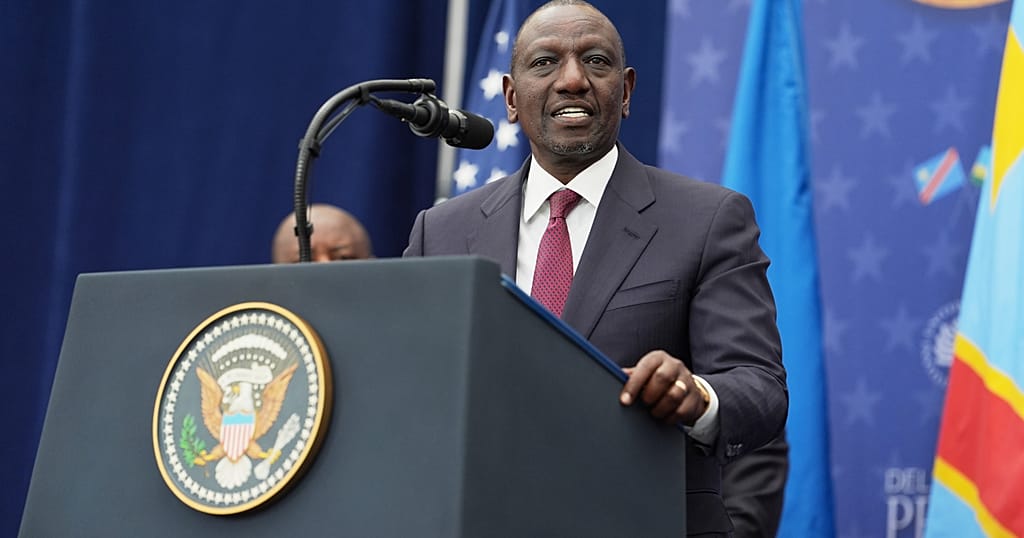Somalia is facing a deepening humanitarian crisis as a severe drought and ongoing conflict force thousands of people from their homes. According to the latest Integrated Food Security Phase Classification (IPC) analysis, over 3.4 million people are experiencing crisis levels of food insecurity, with 1.85 million children suffering from acute malnutrition. Women and girls are disproportionately affected, with many being forced out of school, into early marriages, and deeper poverty.
The drought has had a devastating impact on families, with many losing their livelihoods and struggling to access basic necessities like food and water. Sokorey Ali Adan, a 52-year-old mother of five, fled her village after it was taken over by armed combatants and her farmland was destroyed. She now lives in a displacement camp with her family, relying on the goodwill of neighbors to survive. “We lost everything,” she said. “My children often go to bed hungry, and we are currently living in a very difficult situation.”
Humanitarian organizations like CARE are working to provide vital assistance to affected communities, including health and nutrition services, cash assistance, and water, sanitation, and hygiene programs. However, funding for these efforts is declining, and CARE has warned that it will be forced to scale down its operations unless more support is provided.
The situation is critical, with forecasts predicting another failed rainy season and the potential for even greater suffering. “Unless donors urgently step forward with funding and resources, Somalia risks slipping back into the devastating conditions we have seen before,” said Ummkalthum Dubow, CARE Somalia Country Director. The organization is calling for increased support to protect the rights of women and girls, who are often the most vulnerable in times of crisis.
The humanitarian crisis in Somalia is complex and multifaceted, with years of conflict and drought taking a devastating toll on communities. The international community must take action to address the crisis and prevent further suffering. With the right support, it is possible to prevent the worst effects of the drought and protect the lives and livelihoods of millions of people.



